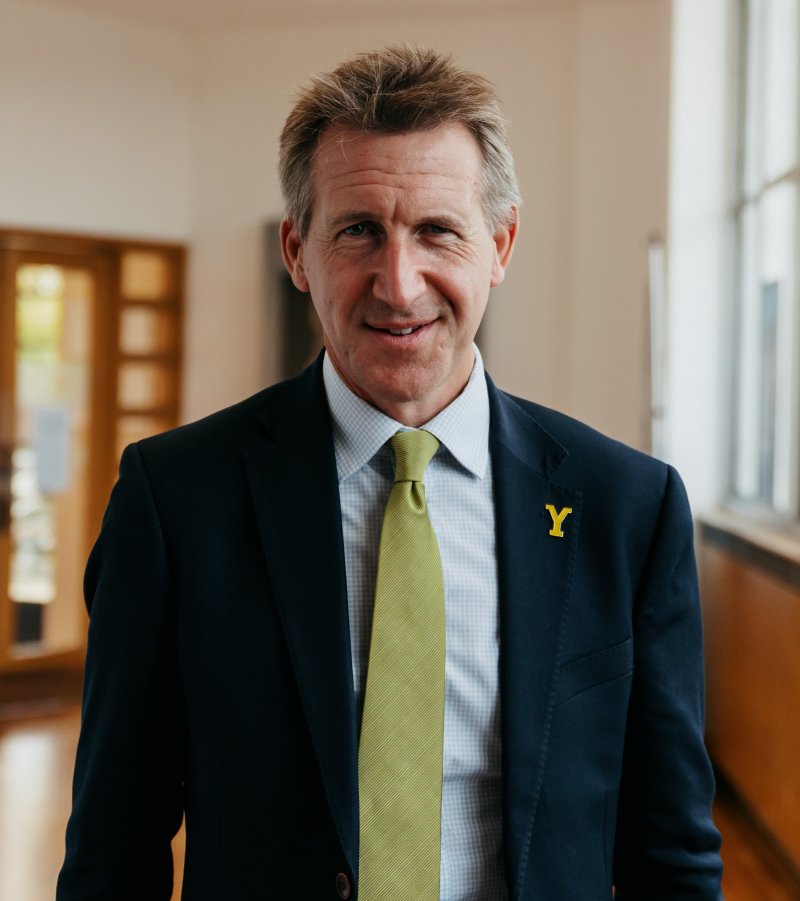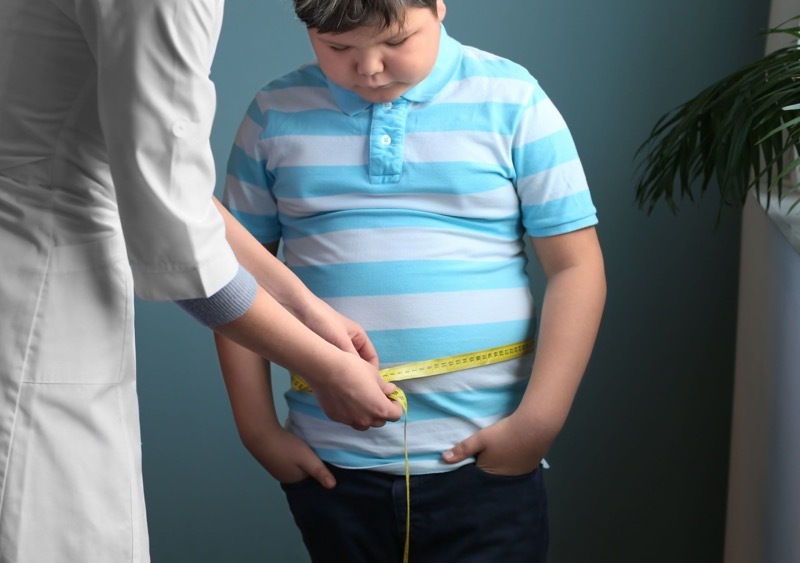MORE than a quarter of children in Barnsley heading into secondary school are obese - leading health professionals to declare the issue as ‘a ticking time bomb’.
The latest figures from the Office for Health Improvement and Disparities show there were around 730 obese or severely obese year six children in Barnsley in the last academic year, accounting for 25.6 per cent of the whole cohort.
This was down from a year earlier, when 26.3 per cent of year six children were obese.
Across England, 22.1 per cent of year six children were obese last year - down from 22.7 per cent in 2022/23.
Despite the recent improvement in childhood obesity, the national rate remains higher than before the pandemic.
In 2020/21, 25.5 per cent of children were classed as obese, up sharply from 21 per cent in 2019/20.
The data is from the government’s national child measurement programme, which covers mainstream state-maintained schools in England.
The figures also show persistent inequalities exist, with children from the most deprived areas twice as likely to be living with obesity than those from the least deprived areas.
Dr Helen Stewart, officer for health improvement at the Royal College of Paediatrics and Child Health, said the inequality across the country was ‘impossible to ignore’.
She added: “This is a long-standing health inequality that successive governments have failed to tackle.
“It is clear to paediatricians that progress on childhood obesity cannot be achieved without also addressing our out-of-control rates of childhood poverty and deprivation.”
Dr Stewart urged the government to expand free school meals and scrap the two-child limit to benefit payments to lift more children out of poverty.
A two-child limit on benefits means that families who have had a third or subsequent child after April 2017 are denied up to £3,235 per year per child compared with families whose kids were all born before that date.
It’s estimated that 6,240 children across 1,780 households in Barnsley more than one in ten are affected by the limit.
However, it’s believed 15,342 children the equivalent of 29.7 per cent are living in poverty across the borough.
A Liberal Democrat motion calling for it to be scrapped received support at May’s full council meeting at Barnsley Town Hall, although an amendment was made to the plan which notably included pleas to look at schools’ budgets, children’s homes’ placement costs and families with children with special needs.
However, at a vote in the House of Commons in July all three of the Barnsley Labour MPs - Dan Jarvis, Stephanie Peacock and Marie Tidball - voted against a motion to scrap to cap.
In Barnsley, seven per cent of year six children were also considered severely obese.
Professor Simon Kenny, NHS England’s national clinical director for children and young people, said: “Obesity can have a major impact on a child’s life - it affects every organ in the body and is effectively a ticking health time bomb for the future by increasing a child’s risk of type two diabetes, cancer, mental health issues and many other illnesses.
“But the NHS cannot solve this alone and continued action from industry, local and national government, and wider society together with the NHS is essential to help create a healthy nation.”



























